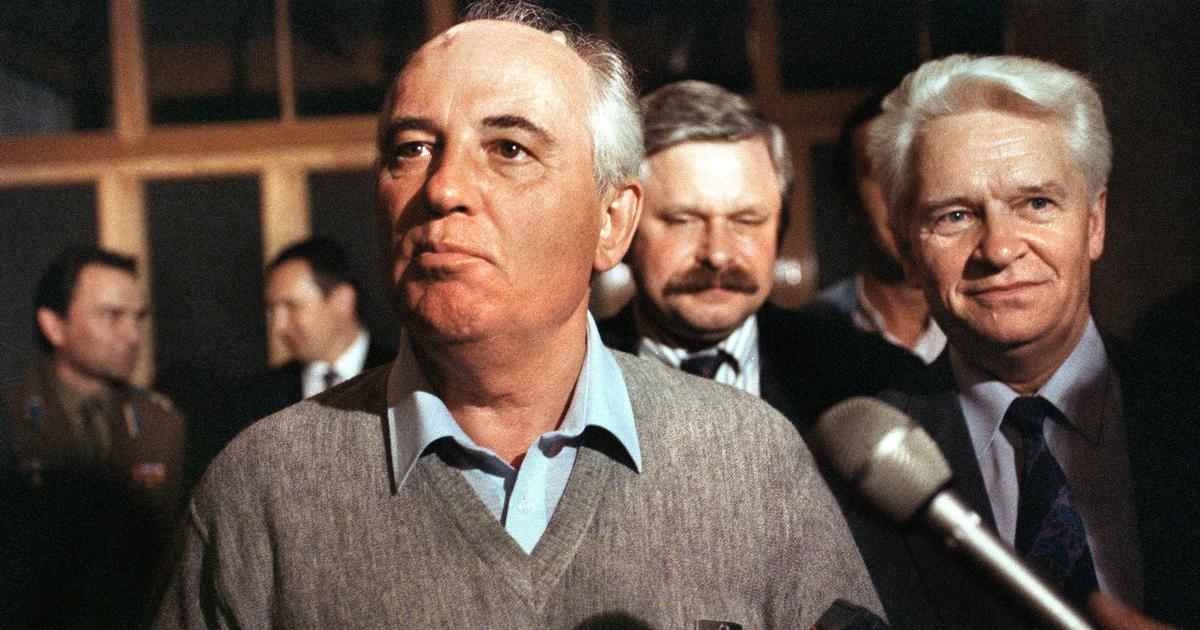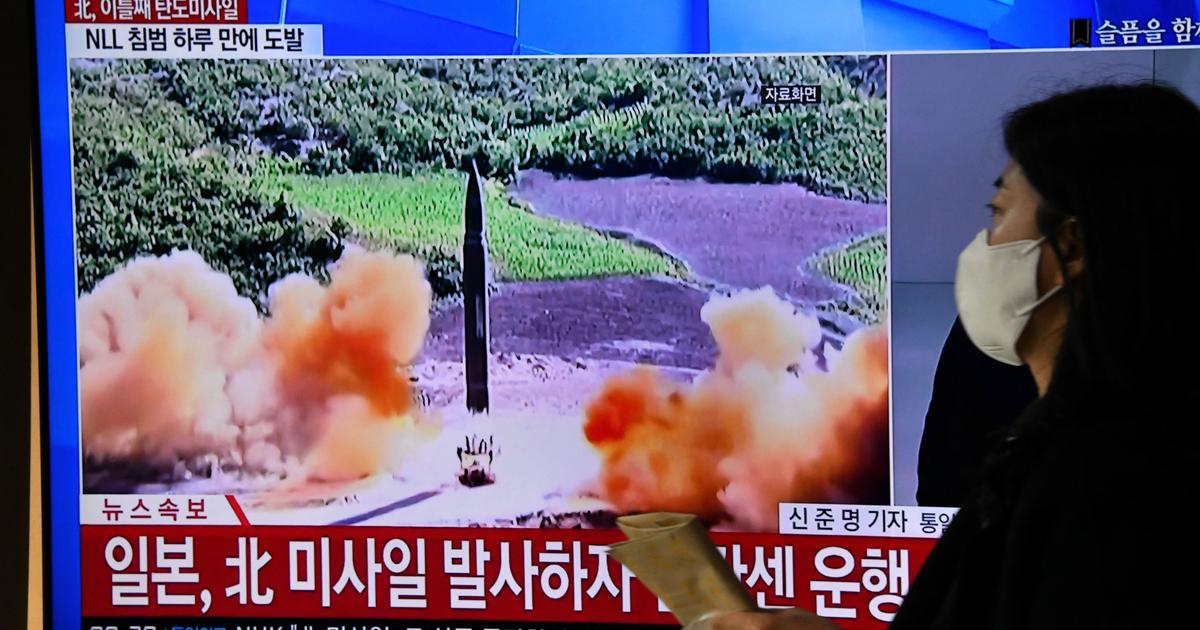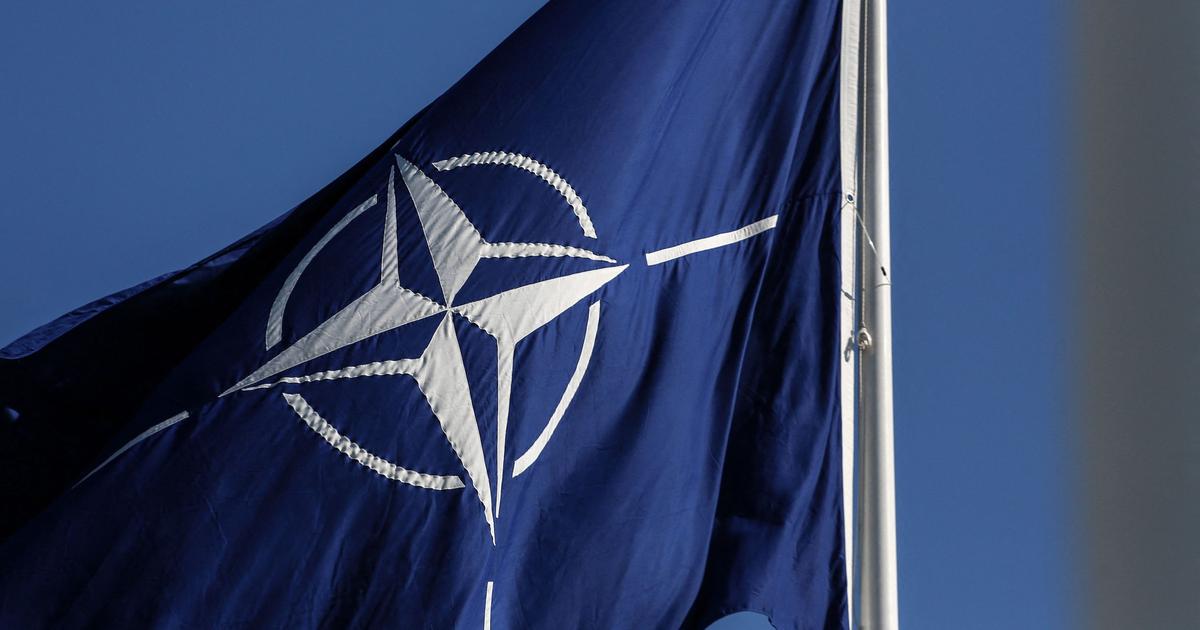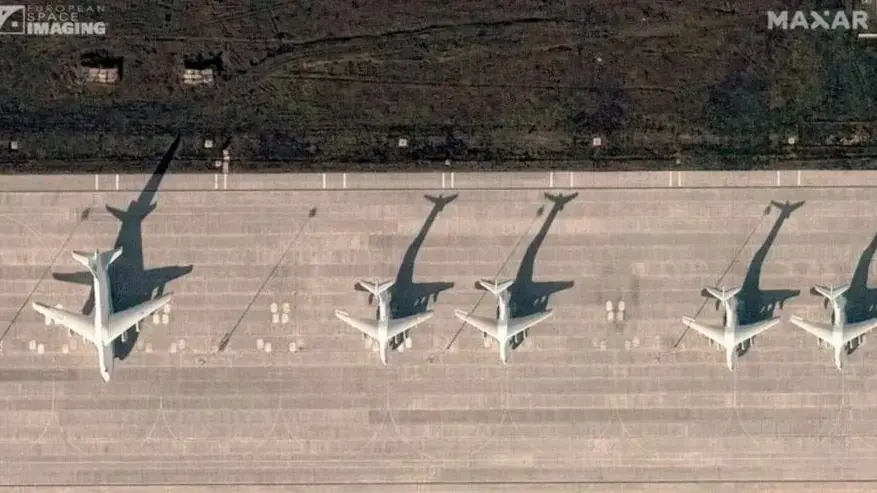Pierre Rigoulot, a specialist in communist regimes, is director of the Institute of Social History (founded by Boris Souvarine in 1935) and editor-in-chief of the quarterly
Histoire & Liberté.
He is the author of many acclaimed works, including
Hot Spots of the Cold War (1946-1989),
L'Archipel, 2019.
In the aftermath of Mikhail Gorbachev's death, many rightly recall the special place he occupied among the General Secretaries of the Communist Party of the Soviet Union.
And in fact, the contrast is striking - and to the point of caricature - when one opposes him to the aging Brezhnev or to Chernenko, as much on the decisions taken during the exercise of his power as on his style, his manner.
Outside as inside, moreover: armed conflicts in Angola, in Central America, in Afghanistan will find their solution or will literally evaporate while he directs the USSR.
But the "Gorbachev moment", to use the title of one of Françoise Thom's major books, also upset our intellectual habits as analysts of the communist world.
It rendered useless (and conscious of it) the systematic and a priori anti-communist militants that we were and transformed us into more suspicious observers, less subjected to a prior reading grid.
Let us recall some stages of this mutation.
While acknowledging that with Gorbachev a new style was being put in place, that negotiations with the United States were multiplying on various local conflicts and that with regard to opponents and dissidents within the USSR, repression was diminished, good connoisseurs of the communist world called for distrust.
Peaceful coexistence, the Soviet leaders themselves acknowledged, had been another means of combating capitalism, so taking into account internal nationalists, especially Baltic ones, could therefore be a ruse to make them accept their dependence and induce them to stay. within the USSR.
The establishment of "popular fronts" at the end of the 1980s could be a way of recovering the disputes, and Michel Heller recalled that Gorbachev conversing with Sakharov, it was not
With Michel Heller, Alain Besançon, Annie Kriegel and a few others therefore called for caution.
This n°1, which raised so many hopes with its perestroika and its glasnost, did not recognize the virtues of democracy but above all sought the end of a competition which was exhausting the communist regime.
Pierre Rigoulot
With Michel Heller, Alain Besançon, Annie Kriegel and a few others therefore called for caution.
The Soviets used a consummate art of disinformation.
This n°1, which raised so many hopes with its
perestroika
and its
glasnost,
did not recognize the virtues of democracy but above all sought the end of a competition which was exhausting the communist regime.
His outstretched hand to Europeans with a view to a “Common House” was an unacknowledged means of infiltrating the political and economic workings of democracies.
Gorbachev may have dressed up as a smiling babushka in front of the European Red Riding Hood, but the communist wolf was still very hungry.
Gorbachev did not want war, neither against his own people nor against the Europeans.
Pierre Rigoulot
However, one fine day, we had to agree.
Communism, which claimed to be reforming itself in Europe, did not work.
Not only was it not working, but it was falling apart.
Poland and Hungary reestablished democratic elections, the East Germans broke through the Berlin Wall and the Soviet troops let it happen.
Soon it was the USSR and the whole system, at least in Europe, which collapsed.
Democracy had won the long cold war which opposed it to communism.
We owed it to Reagan and his “star wars”, but also to Gorbachev who had precisely not wanted war, neither against his own people nor against the Europeans.
Final victory?
It was even the end of the History we were witnessing, some said.
The Devil was defeated.
We don't
Gorbachev and his reforms were soon forgotten.
The proposed transition from socialism to liberalism was attempted without much precaution.
The daily life of the Soviets, which was already not brilliant, therefore deteriorated.
The revelation of the appalling persecutions of the previous decades and the realization that the new Russia was a poor country and henceforth little feared in the world fueled a nostalgia that we, the observers, had difficulty in admitting.
So the Russian people regretted the oppression of the Communists?
What did we fail to see in our denunciation of red totalitarianism?
As the years passed, it was necessary to face the facts: parameters such as nationalism had to be taken into account, as well as the satisfaction of the people in feeling part of a great almighty militarily.
Pierre Rigoulot
As the years passed, it was necessary to face the facts: parameters such as nationalism had to be taken into account, as well as the satisfaction of the people in feeling part of a great almighty militarily.
It was enough to re-read Svetlana Alexievitch, Nobel Prize winner, to understand the naivety into which we had fallen when hailing the definitive victory of democracy over the communist world at the end of Gorbachev's mandate.
Doubtless, one should not either see in the Russian maelstrom the resurrection of communism as some asserted.
Vladimir Putin is not Stalin's son and the regime he leads may well have some points in common with the USSR: it is a specific syncretism which brings together, more or less coherently, orthodoxy, imperialism , obsessive feeling, megalomania.
All of this is no doubt used by those in power and taught to the population - and some of them find their account in it.
The world shaken up by Gorbachev has dropped curious fruits.
Our gaze, which was content with what we already knew or believe we already know, has blurred.
Historical realities are new and complex, this is what we are discovering (even pretending that we have known this for a long time) thanks to the reforms attempted by Gorbachev, their failure and their sequel.
Putin's Russia is not a friend of the Western world.
But who are we talking about?
Of State?
Population?
Is his obsidionality fully played out?
Under what conditions can Russia be proud of itself?
Is imperialism consubstantial with it?
The world as it is demands that we take sides now and clearly.
Because today, an ambitious barbarism must be stopped.
But it is no longer possible to lazily describe our adversary as the Devil.
This is also what the Gorbachev moment brought us.














